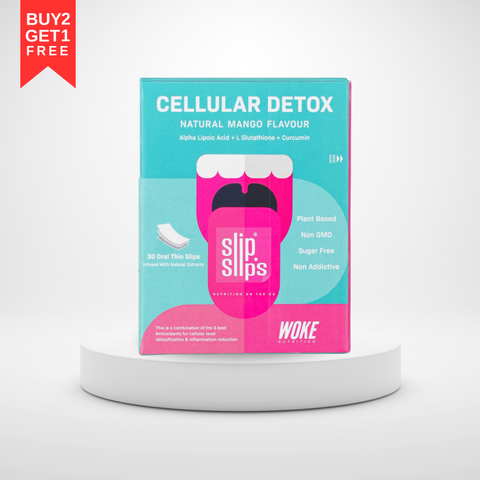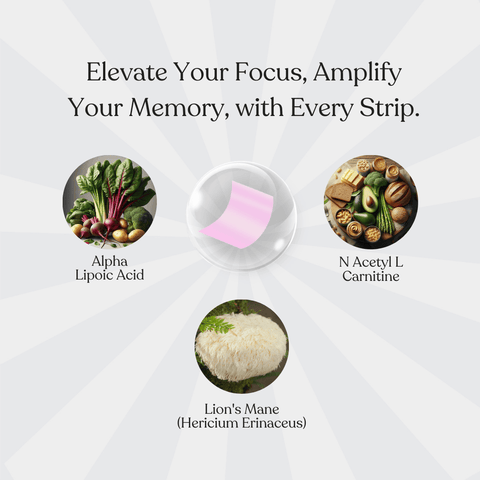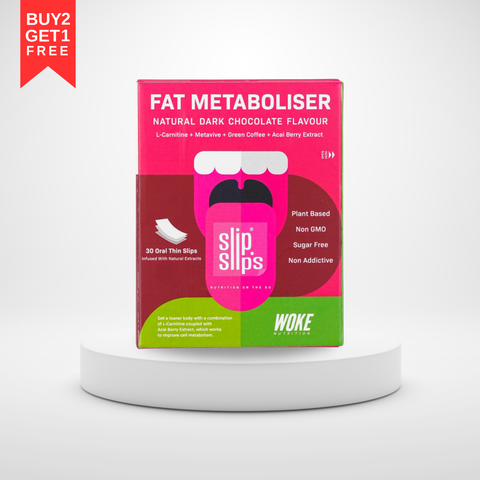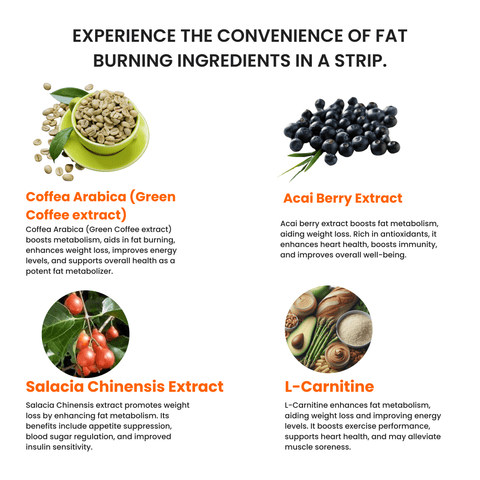Detoxification is a crucial process that helps remove toxins from the body, promoting overall health and well-being.
While there are various methods to achieve detoxification, a well-planned home detoxification plan and a balanced diet can be highly effective. In this blog, we will explore the benefits of detoxification, provide a comprehensive home plan, and discuss the best foods to support this process.
Benefits of Detoxification:
Detoxification is essential for maintaining optimal health. Toxins can accumulate in the body from various sources, including environmental pollutants, processed foods, and other substances. If left unchecked, these toxins can lead to a range of health issues, including:
1. Digestive Problems: Toxins can disrupt the gut microbiome, leading to digestive issues such as bloating, constipation, and diarrhea.
2. Inflammation: Toxins can cause chronic inflammation, which is linked to various diseases, including arthritis, diabetes, and heart disease.
3. Cancer Risk: Exposure to toxins has been linked to an increased risk of certain cancers, including breast, lung, and colon cancer.
Home Detoxification Plan:
A comprehensive home detoxification plan involves several steps:
1. Water Intake: Drink at least 8-10 glasses of water per day to help flush out toxins.
2. Juicing: Incorporate juicing into your daily routine to provide essential nutrients and antioxidants.
3. Herbal Teas: Drink herbal teas, such as peppermint, ginger, and turmeric, to aid digestion and reduce inflammation.
4. Exercise: Engage in regular exercise, such as yoga or walking, to stimulate lymphatic drainage and improve circulation.
5. Sleep: Prioritize sleep, aiming for 7-8 hours per night, to allow the body to repair and detoxify itself.
Best Foods for Detoxification:
A balanced diet rich in whole foods can support detoxification. Incorporate the following foods into your diet:
1. Leafy Greens: Leafy greens, such as kale and spinach, are rich in antioxidants and chlorophyll, which help remove toxins from the body.
2. Berries: Berries, such as blueberries and raspberries, are high in antioxidants and flavonoids, which have anti-inflammatory properties.
3. Cruciferous Vegetables: Vegetables like broccoli, cauliflower, and Brussels sprouts contain sulforaphane, which has been shown to have detoxifying properties.
4. Fatty Fish: Fatty fish, such as salmon and sardines, are rich in omega-3 fatty acids, which help reduce inflammation.
5. Turmeric: Turmeric contains curcumin, a powerful antioxidant that has anti-inflammatory and detoxifying properties.
Example:
Meet Sarah, a 35-year-old marketing professional who struggled with digestive issues and chronic fatigue. She decided to implement a detoxification plan, incorporating the steps outlined above. Sarah started by increasing her water intake, drinking at least 10 glasses of water per day. She also began juicing with a combination of leafy greens, berries, and turmeric. Additionally, she started drinking herbal teas and engaging in regular exercise.
After six weeks, Sarah noticed significant improvements in her health. Her digestive issues had resolved, and she had more energy throughout the day. She also reported reduced inflammation and improved overall well-being.
Conclusion:
Detoxification is a crucial process that can have a significant impact on overall health. By incorporating a comprehensive home detoxification plan and a balanced diet rich in whole foods, individuals can support their body's natural detoxification processes and promote optimal health. Remember to prioritize water intake, juicing, herbal teas, exercise, and sleep, and incorporate foods like leafy greens, berries, cruciferous vegetables, fatty fish, and turmeric into your diet.
References:
"The Gut Microbiome and Detoxification." ScienceDirect, 2020, doi: 10.1016/j.jaci.2020.02.014.
"Chronic Inflammation and Cancer." National Cancer Institute, 2020, <https://www.cancer.gov/about-cancer/causes-prevention/risk/inflammation/inflammation-fact-sheet>.
"Toxins and Cancer." World Health Organization, 2020, <https://www.who.int/news-room/fact-sheets/detail/toxins-and-cancer>.
"Chlorophyll and Detoxification." Healthline, 2020, <https://www.healthline.com/nutrition/chlorophyll-and-detoxification>.
"Antioxidants and Detoxification." ScienceDirect, 2020, doi: 10.1016/j.jaci.2020.02.015.
"Sulforaphane and Detoxification." National Institute of Environmental Health Sciences, 2020, <https://www.niehs.nih.gov/health/topics/agents/sulforaphane/index.cfm>.
"Omega-3 Fatty Acids and Detoxification." Healthline, 2020, <https://www.healthline.com/nutrition/omega-3-fatty-acids-and-detoxification>.
"Curcumin and Detoxification." ScienceDirect, 2020, doi: 10.1016/j.jaci.2020.02.016.
















Comments (0)
There are no comments for this article. Be the first one to leave a message!